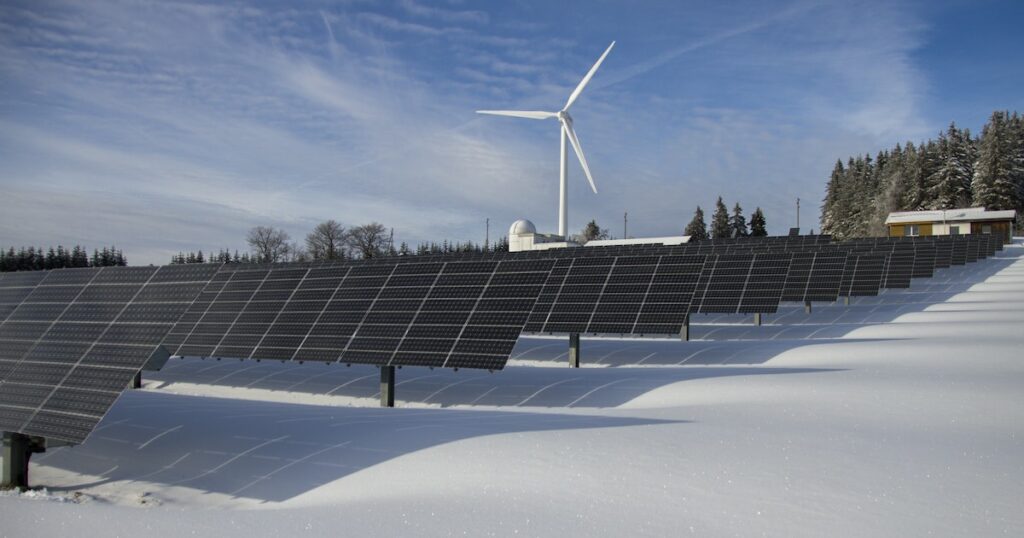Learn About Affordable Financing Options for Solar Panel Installation

Solar loans are another option for financing solar panel installation. These loans are made available by banks, credit unions, and other financial institutions, and they frequently offer cheaper interest rates than credit cards or other types of unsecured loans. Some solar loans also offer flexible repayment terms, with loan terms ranging from 5 to 25 years. This allows homeowners to choose a repayment plan that fits their budget and financial goals.
Property Assessed Clean Energy (PACE) financing is a type of financing that allows homeowners to finance solar panel installation through their property taxes. This option is only available in certain states and municipalities, but it can be a good option for homeowners who do not have the upfront cash to pay for solar panels. PACE financing typically offers fixed interest rates and long repayment terms, making it a low-cost and flexible financing option.
Solar leases are agreements between homeowners and solar panel installers that allow homeowners to lease solar panels for a monthly fee. Under a solar lease, the solar panel installer owns the panels and is responsible for maintaining them. The homeowner benefits from the energy generated by the panels, but does not own them. Solar leases typically have lower upfront costs than purchasing solar panels outright, but they also offer lower long-term savings.
Additionally, solar leases can be less flexible than other financing options, as they often require long-term contracts. Power Purchase Agreements (PPAs) are similar to solar leases, but they offer more flexibility and potential long-term savings. The solar panel installer owns and maintains the panels under a PPA, but the homeowner agrees to buy the electricity generated by the panels at a fixed rate. PPAs typically have longer terms than solar leases, with contracts ranging from 10 to 25 years. However, they also offer the potential for significant long-term savings, as the fixed rate for energy is typically lower than the utility rate.
In addition to these financing options, there are also several federal and state incentives available for homeowners who install solar panels. The federal government provides a tax credit to homes who install solar panels, which can cover up to 26% of the installation cost. Some states also offer rebates or other incentives for homeowners who install solar panels.
Conclusion
Solar panel financing options offer homeowners a range of choices for making solar panel installation more affordable. Solar energy can be a wise investment for homeowners trying to lower their energy expenses and environmental impact, whether they opt to purchase solar panels outright with cash, finance them with a solar loan, or employ PACE financing.


